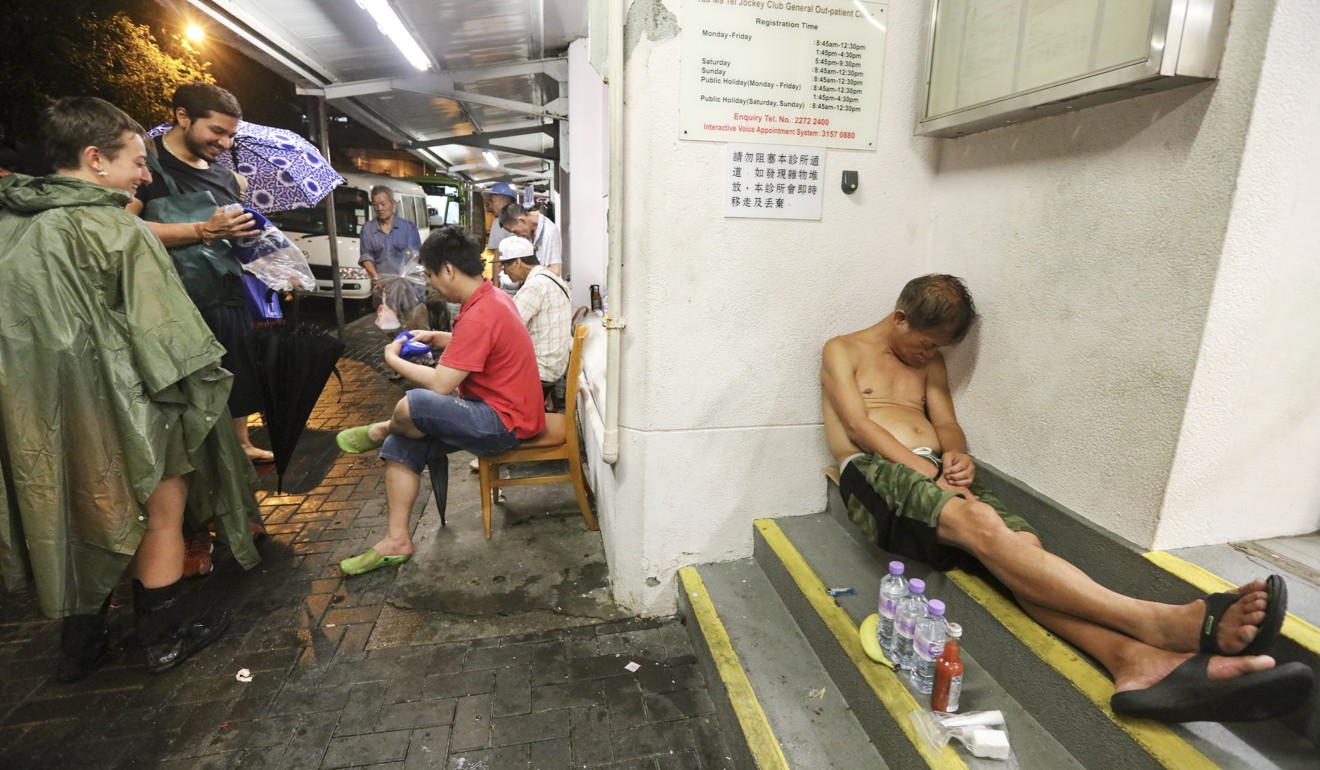
Hong Kong’s fiscal policy is not miserly, but it does lack vision
Paul Yip says figures show public expenditure has increased substantially over the past two decades, in line with GDP growth. The problem is that the money has been spent to little effect
However, due to a lack of commitment and policymaking inertia, Hong Kong has missed the chance to develop into a healthier, growing economy. The unanticipated budget surplus has mainly come from larger-than-expected returns from land sales and stamp duties from the property and stock markets. Today, property prices are even more unaffordable and home ownership is beyond the reach of many. The community is paying a high price for the budget surplus.
A Hong Kong budget for officials and cartels, not ordinary people

GDP growth has been around 3-5 per cent but median wage levels have not improved at the same rate. As a result, wealth inequality is widening in Hong Kong. Having a few more billionaires would not be such a concern in Hong Kong if the quality of life was also improving for the majority.
Public expenditure as a share of our gross domestic product has grown substantially, from 16 per cent during colonial times to 20 per cent since 1997. The proportion of social welfare expenditure to total public expenditure has increased from 9 per cent to 15 per cent, or HK$21.7 billion in 1997/98 to HK$80.5 billion in 2017/2018. On the other hand, the proportion of expenditure allocated to education and housing has been decreasing, down from 18 per cent to 16.5 per cent. Education and housing issues have caused much frustration in the community. The number of government-funded tertiary places has not increased much in the past decade, while property prices has skyrocketed by more than 200 per cent.
Watch: Why the Hong Kong government has so much money saved up
Hence, the recent remarks by former Monetary Authority chief Joseph Yam Chi-kwong about Hong Kong’s miserly fiscal philosophy is not quite correct; the government has spent money – expenditure has increased from HK$234.8 billion in 1997/1998 to HK$531.8 billion in 2017/2018, in line with GDP growth.
However, the more important question is how the government has been spending our money. At present, it is ad hoc and not cost-effective. For example, investment in infrastructure for the future is important; it makes strategic sense to invest in railway and road construction, as well as housing redevelopment. And the proportion of infrastructure expenditure has increased, from 14 per cent in 1997/1998 to 18.5 per cent in 2016/2017. However, the mismanagement of projects leading to delays has led to much wastage and inflated the overall costs. The money has been spent but the yields are small. Similarly, the government has spent substantially on welfare but it is creating a group of dependents rather than helping people to become independent.
There have been three main problems in our past fiscal philosophy: first, a lack of vision – too much has been spent on short-term projects, with no idea about measuring their effectiveness. Second, ad hoc measures – the government has been more willing to provide funding for non-recurrent expenses, but such a strategy makes it difficult to maintain long-lasting effects. Finally, some decisions have been guided by political considerations, the classic example being the HK$6,000 handout in 2011 to every resident, including those living overseas, rather than focusing on helping those in genuine need.
The government must change its mindset with a commitment to measure the effectiveness of its programmes. For example, there are only minimal savings from outsourcing low-skilled labour in various government services. Yet, it involves at least 60,000 workers. Some have had to apply for a low-income subsidy. Why can’t the government build a better working environment? It would not cost much but would improve the life of 60,000 people and their dependents.
Hong Kong people still need better social welfare protection

The problem of a rapidly ageing society with a reduction in workforce numbers means public finances must be managed prudently. Thus, strategic spending is required to avoid a structural deficit within a decade, should government expenditure grow in line with historical trends and exceed the rate of GDP or revenue growth on a long-term basis. John Tsang, as financial secretary, proposed a Future Fund to meeting future challenges. However, it is not money we are short of; it is leadership and commitment. We need to create opportunities for all, rather than a few.
John Tsang should know that easy money doesn’t last, and Hong Kong must urgently adapt to new realities
The inertia, lack of coordination and policy commitment within the administration over the past decade has taken Hong Kong nowhere. Let’s hope the new administration can inspire hope and happiness for Hong Kong people by spending our money more wisely.
Paul Yip is chair professor at the Department of Social Work and Social Administration, the University of Hong Kong


